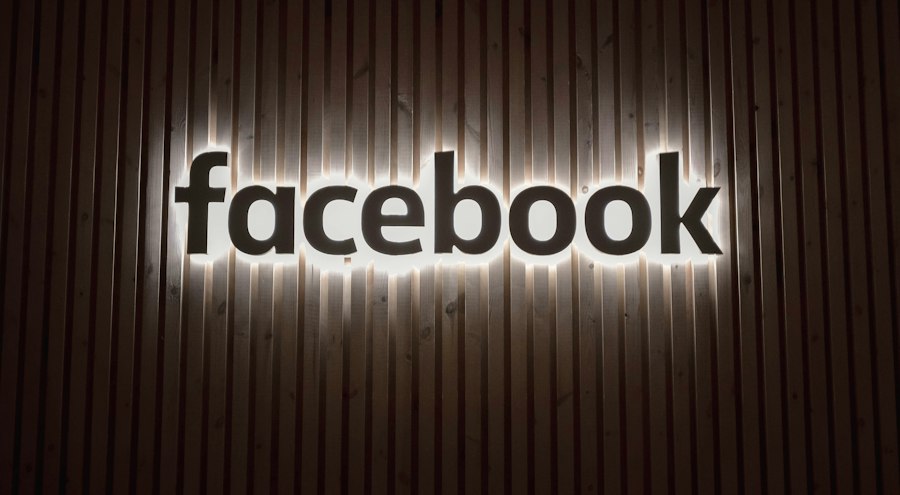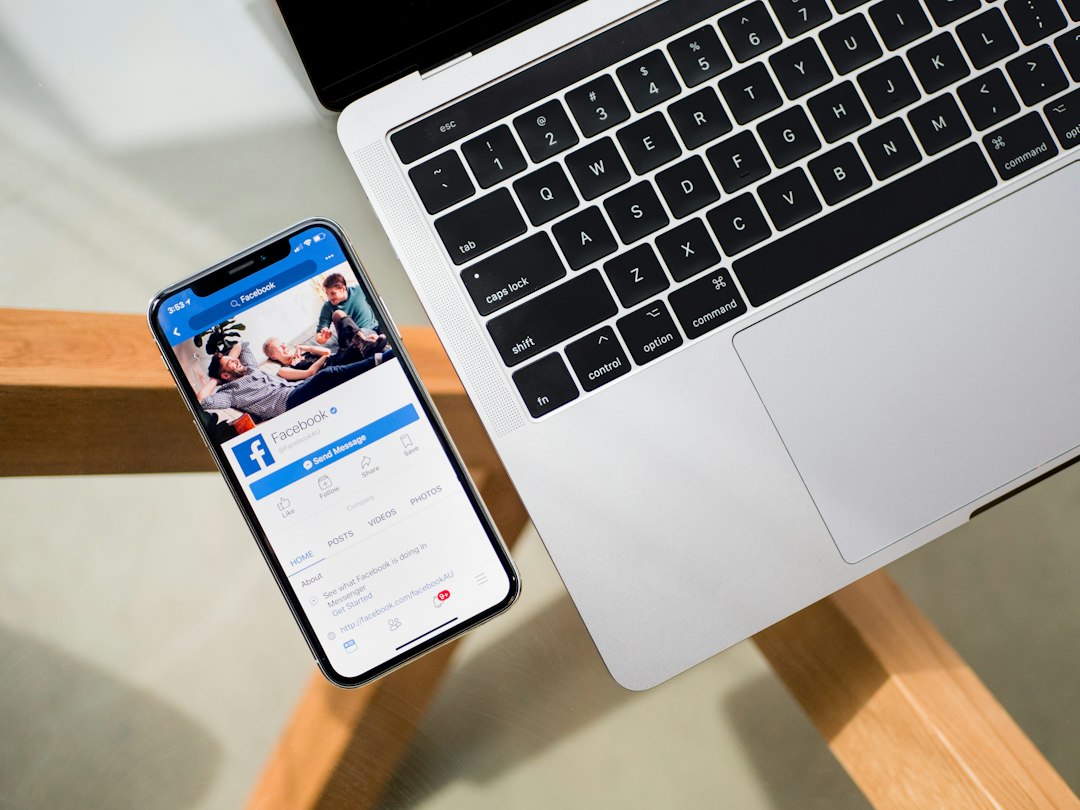Artificial Intelligence (AI) is a branch of computer science that focuses on the development of intelligent machines that can perform tasks that would typically require human intelligence. In recent years, AI has become increasingly prevalent in various industries, including advertising. AI tools are being used to enhance the effectiveness and efficiency of advertising campaigns, and one platform where AI is making a significant impact is Facebook.
Facebook advertising is a crucial component of digital marketing strategies for businesses of all sizes. With over 2.8 billion monthly active users, Facebook provides a vast audience for businesses to reach and engage with. However, with such a large user base, it can be challenging to target the right audience and deliver personalized ads. This is where AI comes in.
Key Takeaways
- AI plays a crucial role in Facebook advertising
- AI tools can improve targeting and personalization, leading to better ad performance
- Successful AI-powered Facebook ad campaigns have been implemented by various companies
- AI can help measure and analyze ad performance, as well as predict consumer behavior and trends
- Ethical considerations must be taken into account when using AI in advertising
Benefits of using AI tools in Facebook advertising
Using AI tools in Facebook advertising offers several benefits for businesses. Firstly, it increases efficiency and accuracy in ad targeting. AI algorithms can analyze vast amounts of user data to identify patterns and preferences, allowing businesses to target their ads to the most relevant audience segments. This not only saves time and resources but also improves the effectiveness of ad campaigns.
Secondly, AI tools improve ad performance and return on investment (ROI). By leveraging machine learning algorithms, businesses can optimize their ad campaigns in real-time based on performance metrics such as click-through rates, conversions, and engagement. This allows them to make data-driven decisions and allocate their advertising budget more effectively.
Lastly, AI tools enhance customer experience and engagement. By delivering personalized ads based on user behavior and preferences, businesses can create a more tailored and relevant experience for their audience. This leads to higher engagement rates and increased customer satisfaction.
How AI tools can improve targeting and personalization
One of the key ways AI tools improve Facebook advertising is through advanced targeting and personalization capabilities. Machine learning algorithms can analyze user data such as demographics, interests, and online behavior to identify the most relevant audience segments for a particular ad campaign.
AI tools also enable customized ad delivery based on user behavior and preferences. For example, if a user has shown interest in a particular product or category, AI algorithms can ensure that they are shown ads related to their interests. This level of personalization increases the chances of conversion and improves the overall user experience.
Furthermore, AI tools enable dynamic ad creation and optimization based on real-time data. Ad elements such as images, copy, and call-to-action can be automatically adjusted based on user response and performance metrics. This ensures that ads are continuously optimized for maximum impact and engagement.
The impact of AI on ad creation and optimization
| Company | Campaign Objective | AI Technology Used | Results |
|---|---|---|---|
| AdEspresso | Increase conversions | Automated ad creation and optimization | 30% increase in conversions |
| Smartly.io | Increase ROAS | Automated bidding and creative optimization | 2.5x increase in ROAS |
| ReFUEL4 | Increase ad engagement | AI-powered creative optimization | 50% increase in ad engagement |
AI has revolutionized the way ads are created and optimized on Facebook. Traditionally, businesses would manually create ads and test different variations to see which performs best. This process was time-consuming and often relied on trial and error. With AI, ad creation and testing can be automated.
AI-powered tools can generate multiple ad variations based on predefined templates and parameters. These variations can then be tested simultaneously to determine which performs best. This automated testing process saves businesses time and resources while ensuring that their ads are optimized for maximum performance.
In addition to automated ad creation, AI tools also optimize ad elements such as images, copy, and call-to-action. By analyzing user response data, AI algorithms can identify which elements resonate best with the target audience and make real-time adjustments to improve ad performance.
Case studies of successful AI-powered Facebook ad campaigns

Several brands have successfully utilized AI in their Facebook advertising campaigns. One such example is Coca-Cola's "Share a Coke" campaign. The campaign used AI algorithms to analyze user data and create personalized ads featuring individual names on Coca-Cola bottles. This level of personalization resulted in a significant increase in engagement and social sharing.
Another example is Airbnb's "Live There" campaign. Airbnb used AI-powered tools to analyze user data and identify the most relevant audience segments for their ads. By delivering personalized ads based on user preferences and behavior, Airbnb was able to increase click-through rates and conversions.
These case studies highlight the effectiveness of AI in improving ad targeting, personalization, and performance on Facebook. By leveraging AI tools, businesses can create more impactful and engaging ad campaigns that resonate with their target audience.
How AI can help measure and analyze ad performance
AI tools not only improve the creation and optimization of ads but also help measure and analyze their performance. Predictive analytics is one area where AI is making a significant impact. By analyzing historical data, AI algorithms can forecast ad performance metrics such as click-through rates, conversions, and return on ad spend. This allows businesses to make data-driven decisions and allocate their advertising budget more effectively.
Real-time monitoring and analysis of ad metrics is another area where AI tools excel. Instead of manually tracking and analyzing ad performance, businesses can rely on AI algorithms to provide real-time insights and recommendations. This enables them to make immediate adjustments to their ad campaigns based on performance data.
Furthermore, AI tools can identify trends and patterns in ad performance data that may not be immediately apparent to human analysts. By analyzing large datasets, AI algorithms can uncover insights that can help businesses optimize their ad campaigns and improve overall performance.
The role of AI in predicting consumer behavior and trends
AI plays a crucial role in predicting consumer behavior and identifying emerging trends. Predictive modeling is a technique used by AI algorithms to anticipate consumer behavior based on historical data. By analyzing user behavior patterns, AI algorithms can predict future actions such as purchases or engagement with ads.
Social media data analysis is another area where AI is used to identify emerging trends. By analyzing user conversations, sentiment analysis, and other social media data, AI algorithms can identify topics or themes that are gaining popularity among consumers. This allows businesses to tailor their ad campaigns to align with these trends and capture the attention of their target audience.
Customized ad targeting based on predicted consumer behavior is another way AI can improve Facebook advertising. By leveraging predictive modeling, businesses can deliver ads to users who are most likely to engage or convert. This level of targeting increases the effectiveness of ad campaigns and improves overall RO
Ethical considerations when using AI in advertising
While AI offers numerous benefits for Facebook advertising, there are also ethical considerations that need to be taken into account. One of the main concerns is privacy and data protection. AI algorithms rely on user data to deliver personalized ads, and there is a risk of this data being misused or mishandled. Businesses must ensure that they have proper data protection measures in place and comply with relevant privacy regulations.
Transparency in ad targeting and personalization is another ethical consideration. Users should be aware of how their data is being used to deliver personalized ads and have the option to opt-out if they choose. Businesses should be transparent about their data collection and usage practices to build trust with their audience.
Responsible use of AI in advertising is also important. While AI algorithms can analyze vast amounts of data and make predictions, it is essential to remember that they are not infallible. Human oversight and intervention are still necessary to ensure that AI-powered ad campaigns align with ethical standards and do not perpetuate harmful stereotypes or biases.
Future developments in AI-powered Facebook advertising
The future of AI-powered Facebook advertising looks promising, with advancements in machine learning and predictive analytics on the horizon. Machine learning algorithms are becoming more sophisticated, allowing for even more accurate targeting and personalization. This will enable businesses to deliver highly tailored ads that resonate with their audience on a deeper level.
Integration of AI with other digital marketing channels is another area of development. As AI becomes more prevalent in various aspects of digital marketing, businesses will be able to create more cohesive and integrated campaigns across different platforms. This will result in a more seamless user experience and improved overall campaign performance.
The potential impact of AI on the advertising industry as a whole is also worth considering. As AI tools become more accessible and affordable, smaller businesses will be able to leverage the power of AI in their advertising campaigns. This leveling of the playing field could lead to increased competition and innovation in the advertising industry.
The game-changing potential of AI in Facebook advertising
In conclusion, AI has the potential to revolutionize Facebook advertising by improving targeting and personalization, optimizing ad creation and performance, predicting consumer behavior and trends, and providing valuable insights into ad performance. The benefits of using AI tools in Facebook advertising are numerous, including increased efficiency and accuracy, improved ad performance and ROI, and enhanced customer experience and engagement.
Businesses that embrace AI-powered advertising strategies stand to gain a competitive advantage in the digital marketing landscape. By leveraging AI tools, businesses can create more impactful and engaging ad campaigns that resonate with their target audience. It is crucial for businesses to stay up-to-date with AI developments in digital marketing and explore how they can integrate AI into their advertising strategies to stay ahead of the curve.

